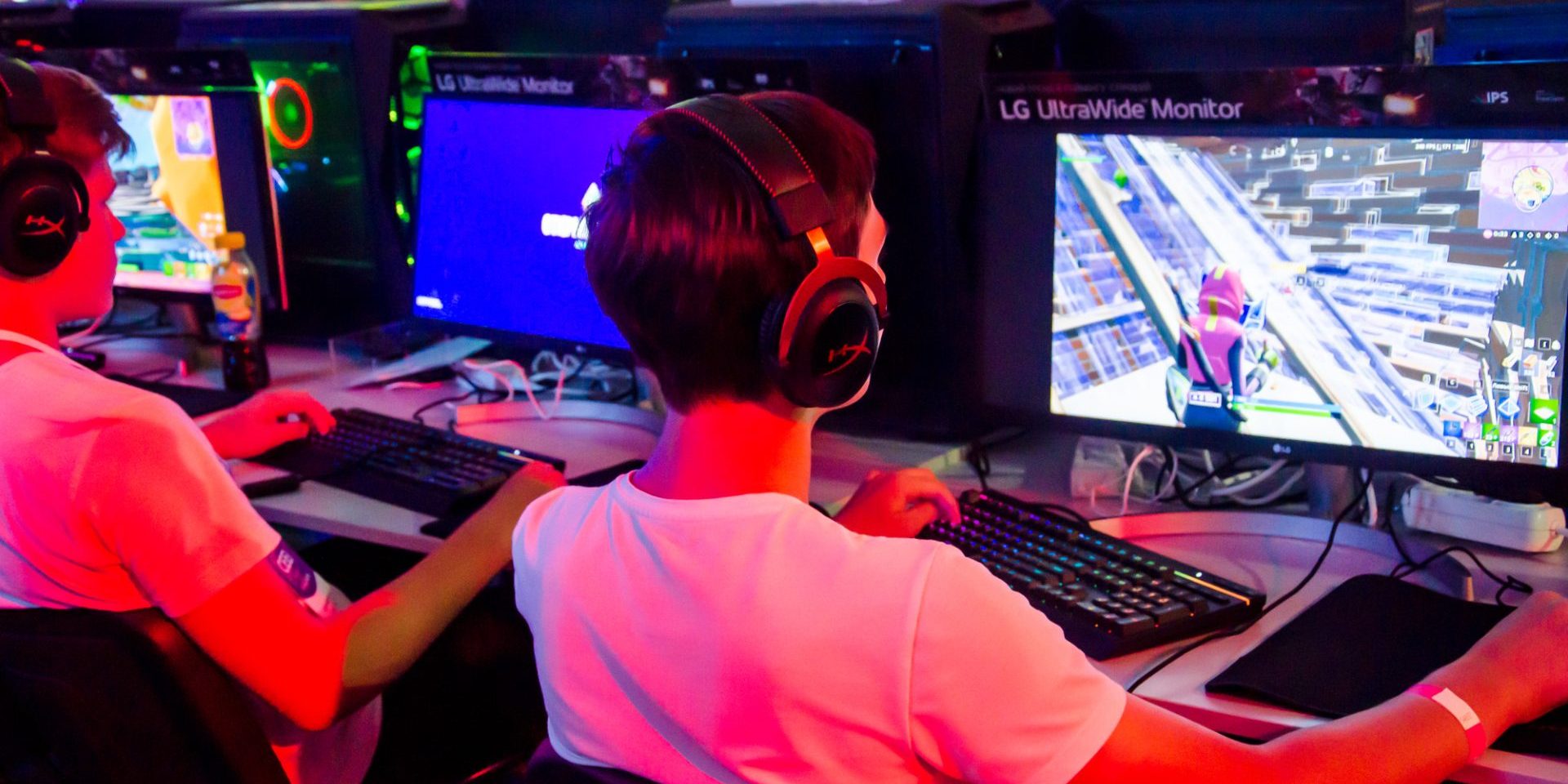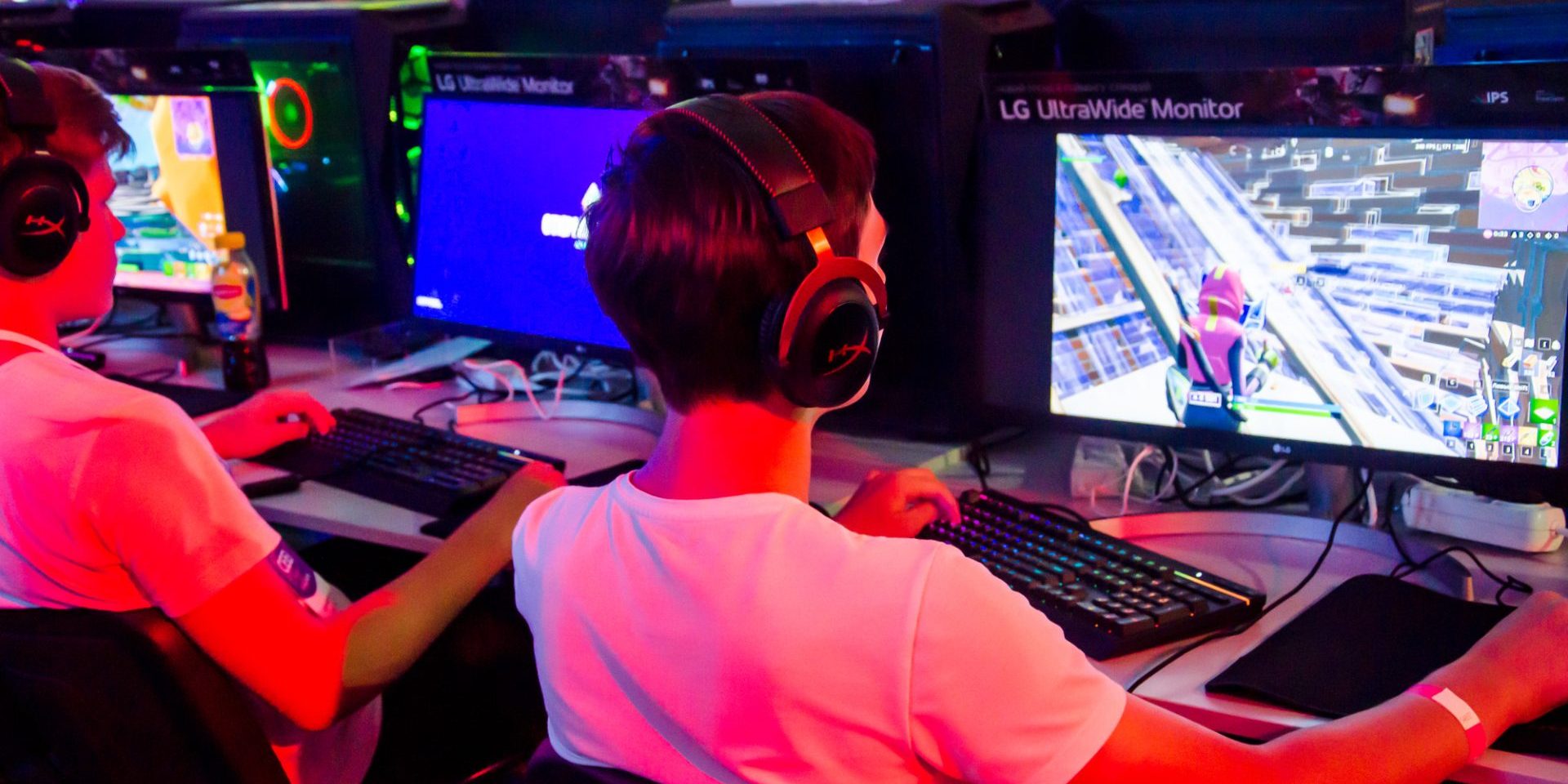Digital platforms are evolving rapidly, with gaming playing a pivotal role in shaping their future. Video games serve as a compass pointing toward technological advancements, offering a glimpse into where digital platforms might be heading next. The gaming industry’s unparalleled engagement with cutting-edge technology and its instinct for innovation drive this evolution.
Gaming has transformed digital platforms by introducing immersive experiences and social interactions. Streaming platforms like Twitch and YouTube Gaming have contributed to the rising popularity of video games, building gaming communities and creating new forms of entertainment. These platforms showcase how digital spaces can foster engagement and connection among users.
The evolution of digital platforms through gaming extends beyond entertainment. 3D graphics, originally developed for games, now enhance user experiences across various digital platforms. As interactions become more electronically mediated, gaming’s influence touches all corners of digital life, from social media to educational tools and professional applications.
The Rise of Digital Gaming Platforms
Digital gaming platforms have transformed the industry, offering new ways to access and enjoy games. These platforms have reshaped how games are distributed, played, and monetized.
The Impact of COVID-19 on Online Gaming
The COVID-19 pandemic accelerated the growth of online gaming. As people stayed home, digital platforms saw a surge in users and playtime. Steam, a popular PC gaming platform, broke records with over 20 million concurrent players in March 2020.
Social distancing measures boosted multiplayer games. Titles like Among Us and Fall Guys gained massive popularity, providing virtual spaces for social interaction.
Game companies adapted quickly, hosting virtual events and in-game concerts. Fortnite’s Travis Scott concert drew over 12 million viewers, showcasing the potential of games as entertainment platforms.
Mobile Devices and Gaming Proliferation
Smartphones and tablets have become powerful gaming devices, expanding the market significantly. Mobile games now account for a large portion of the gaming industry’s revenue.
App stores like Google Play and Apple’s App Store offer easy access to thousands of games. This accessibility has brought gaming to new demographics, including casual players and older adults.
Free-to-play models with in-app purchases have proven highly profitable. Games like Candy Crush Saga and Pokémon GO have generated billions in revenue through this approach.
From Consoles to Cloud: Gaming’s Infrastructure Shift
Cloud gaming services are changing how games are delivered and played. Platforms like Google Stadia and NVIDIA GeForce Now allow users to stream games without high-end hardware.
These services reduce barriers to entry, letting players access AAA titles on various devices. This shift could potentially decrease the importance of traditional gaming consoles.
Cross-platform play is becoming more common, allowing users on different devices to play together. This trend is breaking down barriers between gaming ecosystems and expanding player communities.
Technological Advancements Shaping Gaming
Gaming technology continues to evolve rapidly, introducing new ways for players to interact with virtual worlds. These innovations are transforming gameplay experiences and expanding the possibilities within digital environments.
Virtual and Augmented Reality: Immersive Experiences
Virtual reality (VR) and augmented reality (AR) are revolutionizing gaming by creating more immersive experiences. VR headsets transport players into fully realized 3D environments, allowing them to feel present in the game world. AR overlays digital elements onto the real world, blending virtual and physical spaces.
Modern gaming gear incorporates haptic feedback and adaptive triggers, further connecting players to virtual realms. These technologies provide realistic sensations that match in-game actions, enhancing immersion.
The adoption of 5G networks is boosting mobile AR gaming. Faster connections enable more complex AR experiences on smartphones, making these games more accessible to a wider audience.
Artificial Intelligence and Machine Learning in Gaming
AI and machine learning are enhancing various aspects of gaming. These technologies improve non-player character (NPC) behaviors, making them more realistic and responsive to player actions. AI-driven NPCs can learn from interactions, creating dynamic and unpredictable gameplay scenarios.
Game developers use machine learning algorithms to generate procedural content, such as landscapes, quests, and even entire game worlds. This technology allows for the creation of vast, varied environments that can change with each playthrough.
AI also powers advanced matchmaking systems in online games. These systems analyze player skills and preferences to create balanced and enjoyable multiplayer experiences.
Blockchain and NFTs in Game Monetization
Blockchain technology and non-fungible tokens (NFTs) are introducing new economic models to gaming. NFTs allow players to own unique in-game items as digital assets, which can be traded or sold across different platforms.
This technology enables the creation of player-driven economies where virtual items have real-world value. Gamers can earn cryptocurrency by participating in games or selling rare items they’ve acquired.
Blockchain-based games often feature decentralized ownership models, giving players more control over their digital assets. This shift is creating new opportunities for gamers to monetize their skills and time spent in virtual worlds.
Economic and Social Dynamics of the Gaming Industry
The gaming industry shapes economies and social interactions through innovative business models and digital platforms. Revenue streams and social engagement drive its growth and influence.
Advertising and Monetization Strategies
Game companies employ diverse tactics to generate income. Free-to-play models attract large user bases, with in-game purchases providing ongoing revenue. Premium games charge upfront fees but often include additional paid content.
Mobile games frequently use ads, offering rewards for watching videos. Subscription services grant access to game libraries for monthly fees. Esports tournaments create sponsorship opportunities and ticket sales.
Some developers sell virtual items or currency, while others license their intellectual property for merchandise. Cross-platform games maximize reach and potential earnings across devices.
The Role of Gaming in Social Interaction
Video games foster connections between players worldwide. Multiplayer titles enable real-time cooperation and competition, building friendships and communities. Voice chat and messaging features enhance communication during gameplay.
Social gaming platforms integrate with existing networks, allowing users to share achievements and invite friends. Live streaming services let gamers broadcast their play sessions, engaging with viewers in chat.
Virtual worlds provide spaces for social gatherings and events, especially relevant during periods of physical distancing. Gaming clans and guilds form tight-knit groups around shared interests and goals.
Future Trends and Predictions for Digital Gaming
The gaming industry continues to evolve rapidly, driven by technological advancements and changing player preferences. Digital platforms are adapting to meet new demands and create immersive experiences.
The Expansion of the Gaming Ecosystem
The gaming ecosystem is growing beyond traditional boundaries. Cloud gaming services are becoming more prevalent, allowing players to access high-quality games without expensive hardware. This shift is making gaming more accessible to a wider audience.
Virtual and augmented reality technologies are improving, creating more immersive gameplay experiences. These advancements are blurring the lines between virtual and real worlds, offering new ways for players to interact with games.
The rise of blockchain technology in gaming is enabling new forms of ownership and trading of digital assets. Players can now buy, sell, and transfer in-game items across different platforms, creating new economic opportunities within games.
Adapting to Evolving Gamer Preferences and Behaviors
Gamers are seeking more social and interactive experiences. Multiplayer games and esports continue to grow in popularity, with competitive gaming becoming a significant part of the industry. Game developers are focusing on creating engaging social features to keep players connected.
Mobile gaming is expanding rapidly, with smartphones becoming powerful gaming devices. This trend is driving the development of cross-platform games that allow seamless play across multiple devices.
Personalized gaming experiences are becoming more common. AI and machine learning technologies are being used to tailor game content and difficulty levels to individual players, enhancing engagement and retention.










